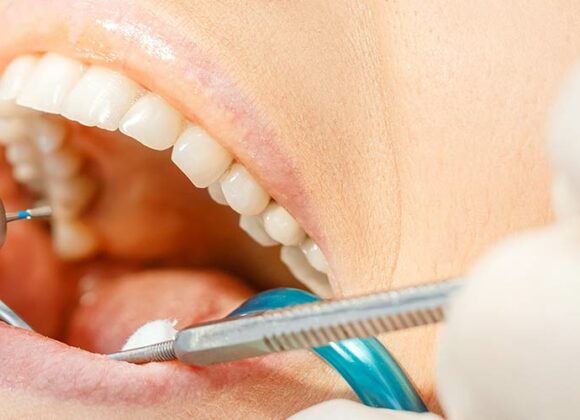Signs that you might need to visit your dentist for root canal
Seattle’s Family Dentistry provides root canal services in Seattle, Northgate, WA, Shoreline, Fremont, WA, Greenwood, WA, Ballard, WA and surrounding regions. 
- Persistent Tooth Pain:
One of the most common signs that you may need a root canal is persistent tooth pain. This pain can range from mild to severe and may occur spontaneously or in response to pressure, such as biting or chewing. The pain may also radiate to other areas of the mouth, face, or head. If you experience ongoing tooth pain that is not relieved by over-the-counter pain medications, it’s essential to see your dentist for an evaluation.
- Sensitivity to Hot and Cold:
Sensitivity to hot and cold temperatures can indicate that the nerves and blood vessels inside the tooth are compromised. If you experience sharp pain or discomfort when consuming hot or cold foods or beverages, it could be a sign of nerve damage or infection within the tooth. This sensitivity may linger even after the hot or cold stimulus is removed and may indicate the need for a root canal to address the underlying issue.
- Swollen Gums:
Swelling and tenderness in the gums around a specific tooth can be a sign of infection or inflammation. If the infection spreads to the surrounding tissues, it can cause swelling, redness, and discomfort. In some cases, a small bump or pimple-like swelling, known as a gum boil or abscess, may develop on the gums near the affected tooth. These symptoms indicate that the infection may have reached the root of the tooth and may require root canal therapy to remove the infected tissue and alleviate the swelling.
- Discoloration of the Tooth:
A tooth that has become discolored, typically appearing darker than the surrounding teeth, may indicate that the nerve tissue inside the tooth is damaged or dying. Trauma, decay, or infection can cause the pulp inside the tooth to degenerate, leading to discoloration. While tooth discoloration can have various causes, it’s essential to have it evaluated by a dentist to determine if a root canal is necessary to save the tooth.
- Loose Tooth:
In advanced cases of tooth decay or infection, the supporting structures of the tooth, including the surrounding bone, may become compromised, leading to tooth mobility or loosening. If you notice that a tooth feels loose or unstable, it’s crucial to seek prompt dental care. A root canal may be necessary to address the underlying infection and stabilize the tooth to prevent tooth loss.
Kindly call us without hesitation.

